Table of content
Hard-boiled eggs are a culinary staple, prized for their simplicity, versatility, and nutritional value. Whether sliced atop a salad, mashed into deviled eggs, or enjoyed as a quick snack, achieving the ideal texture—a firm yet tender white and a fully cooked, non-chalky yolk—requires precision. The question of how long to boil an egg for full doneness sparks debate, as variables like egg size, altitude, and stovetop heat can alter outcomes. This article demystifies the process, offering a detailed exploration of cooking times, methods, and troubleshooting tips to ensure consistently perfect results.
Understanding the Science of Egg Cooking
Eggs are composed of proteins that coagulate when heated. The white, or albumen, begins to solidify around 60°C (140°F), while the yolk’s proteins tighten at higher temperatures, typically between 65°C and 70°C (149°F–158°F). Overcooking pushes temperatures beyond this range, causing the proteins to squeeze out moisture, resulting in a rubbery texture and the dreaded gray-green ring around the yolk—a sign of iron and sulfur reactions. To avoid this, timing and temperature control are critical.
Factors Influencing Cooking Time
- Egg Size: Standard large eggs (about 50 grams) require different timing than jumbo or small varieties.
- Altitude: At higher elevations, water boils at lower temperatures, necessitating longer cooking times.
- Starting Temperature: Eggs added to cold water versus boiling water yield distinct results.
- Stove Heat: Gas versus electric stoves may affect boiling intensity and consistency.
Step-by-Step Cooking Methods
Method 1: Cold Start (Recommended for Beginners)
- Place eggs in a pot: Arrange them in a single layer to prevent cracking.
- Cover with cold water: Add 1–2 inches of water above the eggs.
- Heat on high: Bring the water to a rolling boil.
- Adjust timing: Once boiling, immediately reduce heat to a simmer and start a timer.
- 12 minutes: For large eggs, this yields a fully cooked yolk with no translucent centers.
- 14 minutes: Ideal for jumbo eggs or a drier yolk.
- Ice bath: Transfer eggs to a bowl of ice water for 5 minutes to halt cooking.
Method 2: Boiling Start (Faster, but Riskier)
- Boil water first: Bring a pot of water to a rolling boil.
- Lower eggs gently: Use a spoon to avoid cracking.
- Set timer:
- 11 minutes: Large eggs achieve full doneness.
- 13 minutes: Jumbo eggs.
- Ice bath: Immediately cool eggs to prevent overcooking.
Adjusting for Altitude
At elevations above 3,000 feet (914 meters), water boils below 100°C (212°F). Compensate by:
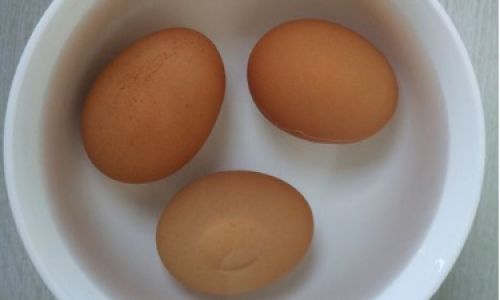
- Adding 1–2 minutes to cooking time for every 1,000 feet (305 meters) above sea level.
- Using a thermometer to monitor water temperature (aim for 190–200°F / 88–93°C during cooking).
Perfecting the Peel
Even with precise timing, peeling can be frustrating. Here’s how to ensure smooth shells:
- Use older eggs: Fresher eggs have lower pH levels, causing the white to cling to the shell.
- Add vinegar or baking soda: A teaspoon of either to the cooking water can weaken the shell’s adhesion.
- Crack gently: Tap the egg on a hard surface and roll it to loosen the shell before peeling under running water.
Troubleshooting Common Issues
- Green yolk: Overcooking. Reduce time by 1–2 minutes.
- Soft yolk: Undercooking. Increase time by 1 minute.
- Cracked shells: Eggs were too cold when added to hot water. Start with room-temperature eggs or pierce the larger end with a pin to release pressure.
Creative Uses for Hard-Boiled Eggs
- Egg salad: Chop eggs with mayonnaise, mustard, and herbs.
- Deviled eggs: Fill halves with a mixture of yolks, mayo, and spices.
- Pickled eggs: Marinate in beet juice or vinegar for vibrant flavors.
- Garnish: Slice over ramen, avocado toast, or grain bowls.
The Debate: 10 vs. 12 Minutes
Some chefs advocate for 10 minutes, claiming a creamier yolk. However, this risks partial doneness. For full safety and consistency, 12 minutes (cold start) ensures both white and yolk are fully cooked without dryness.
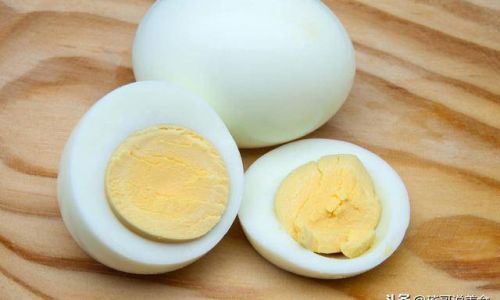
Conclusion
Mastering the hard-boiled egg hinges on understanding variables like size, altitude, and heat. By adhering to precise timings—12 minutes for large eggs via the cold-start method—and incorporating an ice bath, you’ll achieve a flawless texture every time. Experiment with peeling techniques and creative recipes to elevate this humble ingredient into a culinary cornerstone. Whether you’re a novice cook or a seasoned chef, the hard-boiled egg remains a testament to the beauty of simplicity done right.
Final Tip: Store peeled hard-boiled eggs in an airtight container in the refrigerator for up to 5 days. Unpeeled eggs last up to a week.
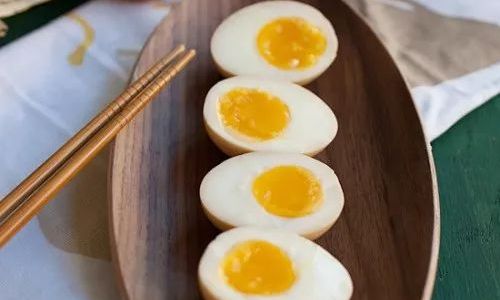
With practice, you’ll no longer wonder, “How long to boil eggs for full doneness?”—you’ll simply know.
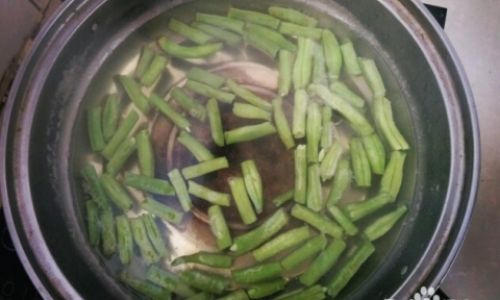
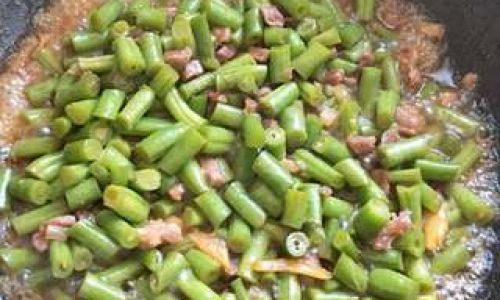
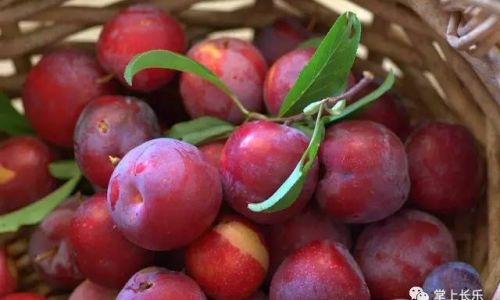


0 comments